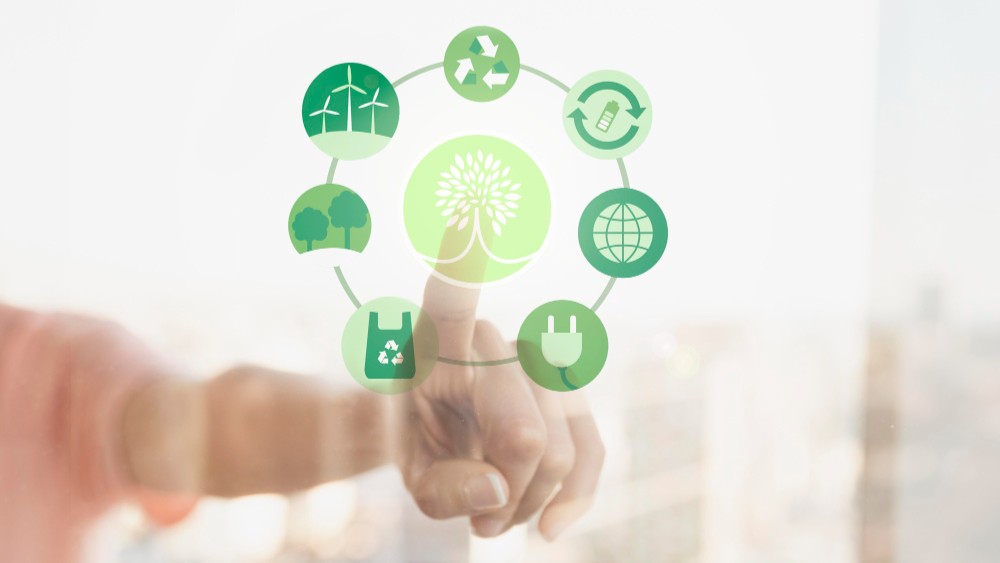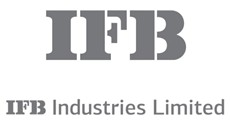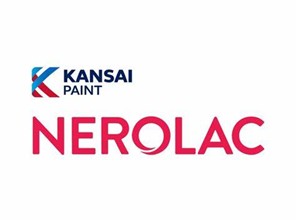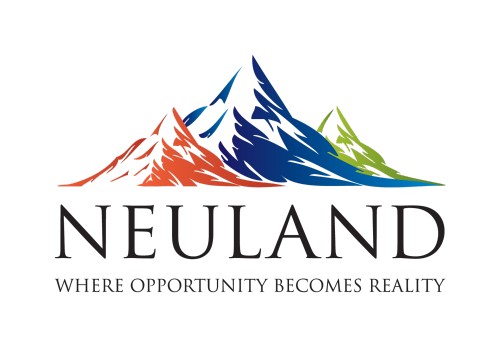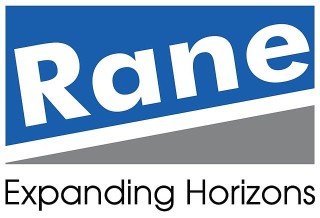ACCELERATING CLIMATE ACTION IN INDIAN INDUSTRY
Tap into the CII-Net Zero Programme for advanced tools and expert guidance to future-proof your business and contribute to India's green transition.

ABOUT
The CII-Net Zero programme facilitates Indian industries in contributing to India's 2070 net-zero emissions goal and supports their alignment with global sustainability standards, amidst changing climate regulations.
Join us in crafting a multi-faceted net zero strategy and implementation plan.
ECOSYSTEM
Our ecosystem thrives at the intersection of key players—Corporates, Technology Providers, and Financial Institutions—working together to drive innovation and impact.
Providers
Institutions
Drive demand and scale for innovative solutions.
Build and deliver cutting-edge platforms.
Fund sustainable and scalable transitions.
Net Zero Insights
Why Net Zero Is a Strategic Business Imperative
When sustainable commitments become boardroom priorities, they’re no longer just feel-good statements—they’re powerful business levers. Companies that embrace Net Zero early often find themselves saving on costs, reducing risks, and standing ou...
Read MoreBuilding a Robust Net Zero Roadmap: Lessons from Leading Corporations
A net-zero pledge is only as credible as the roadmap behind it. High-profile commitments capture headlines, but the journey depends on concrete milestones, cross-functional buy-in, and continuous progress tracking. Drawing on insights from BCG, CDP, ...
Read MoreUnlocking Value through Scope 1 & 2 Inventorization
Before you can chart a path to Net Zero, you need to know where you stand. Scope 1 and 2 emissions—the direct and energy-related outputs—form the measurable basis for all subsequent reduction efforts. This article combines GHG Protocol guidel...
Read MorePartner



